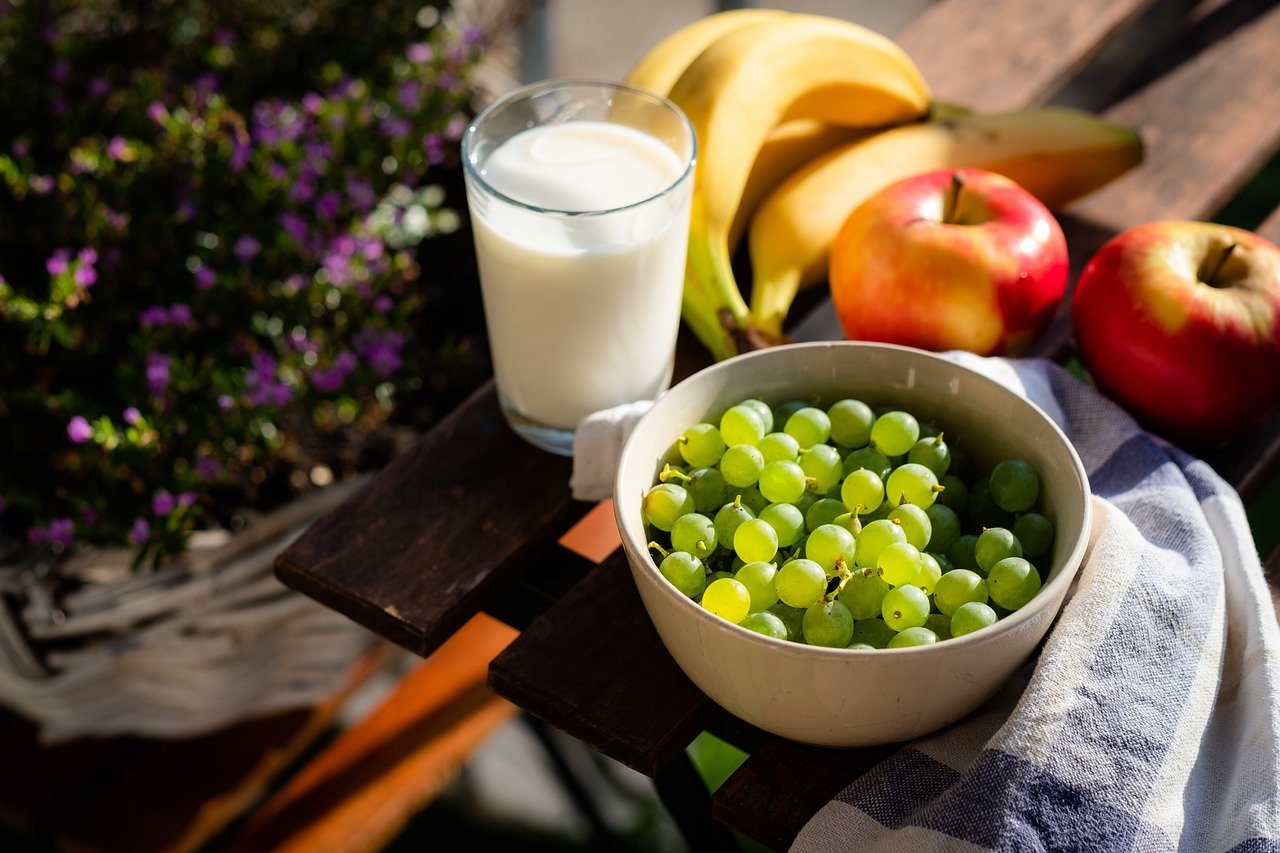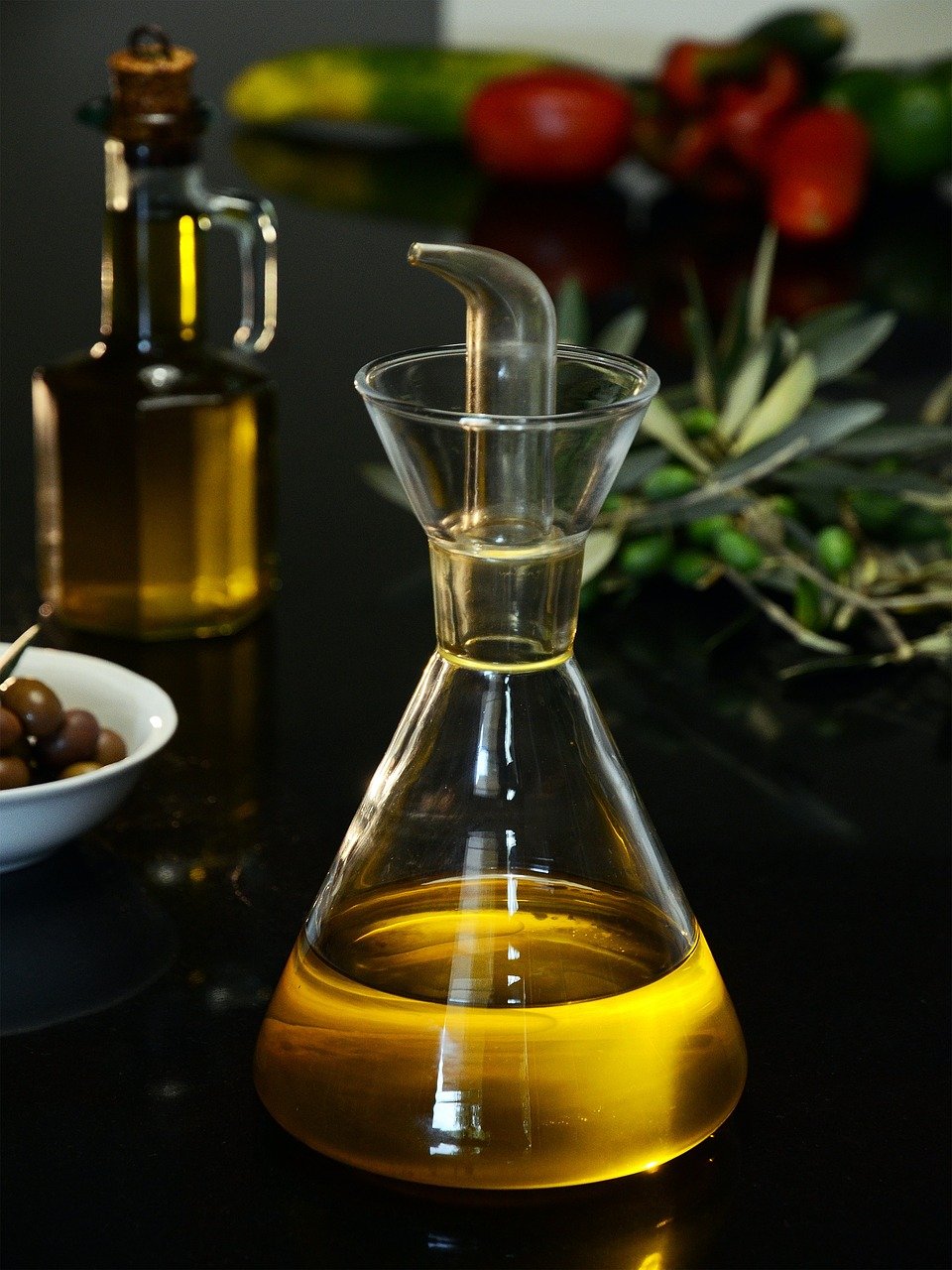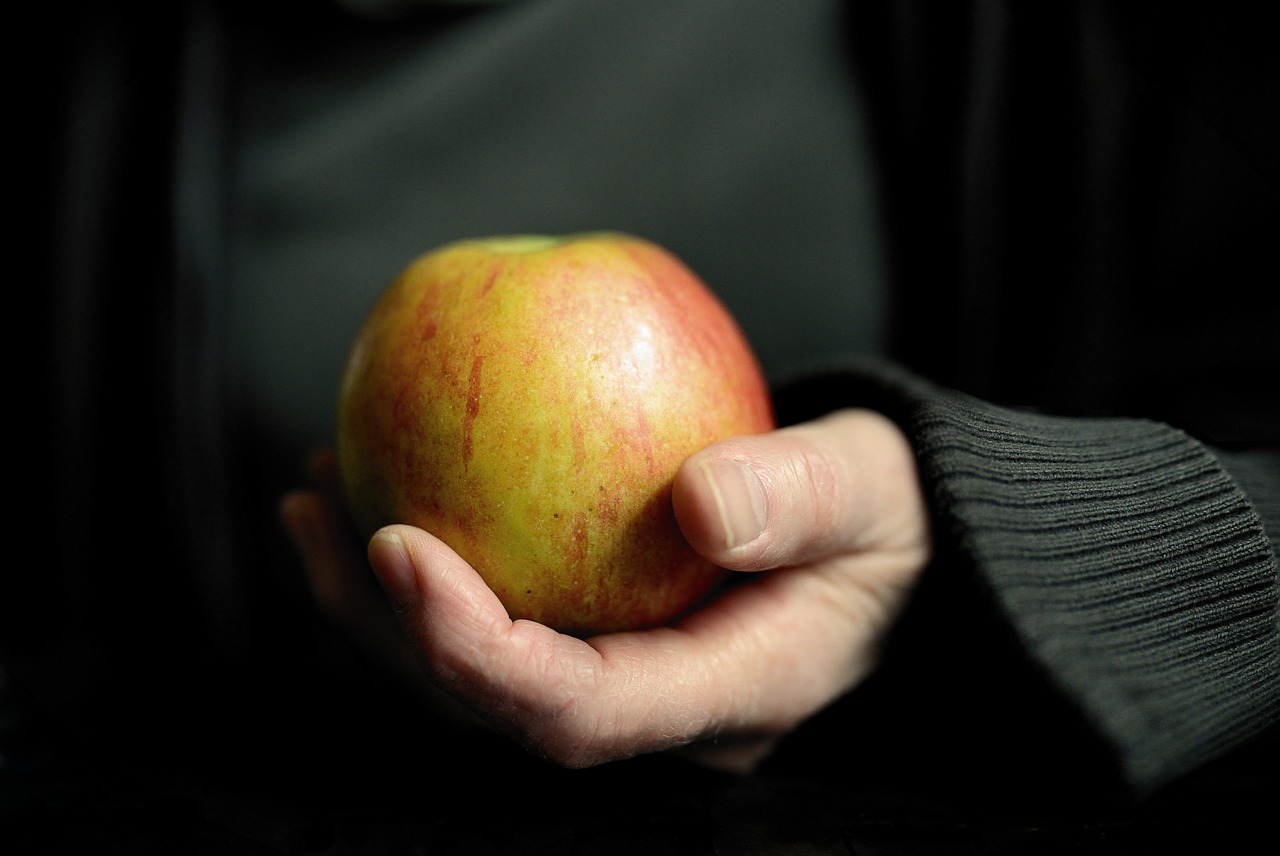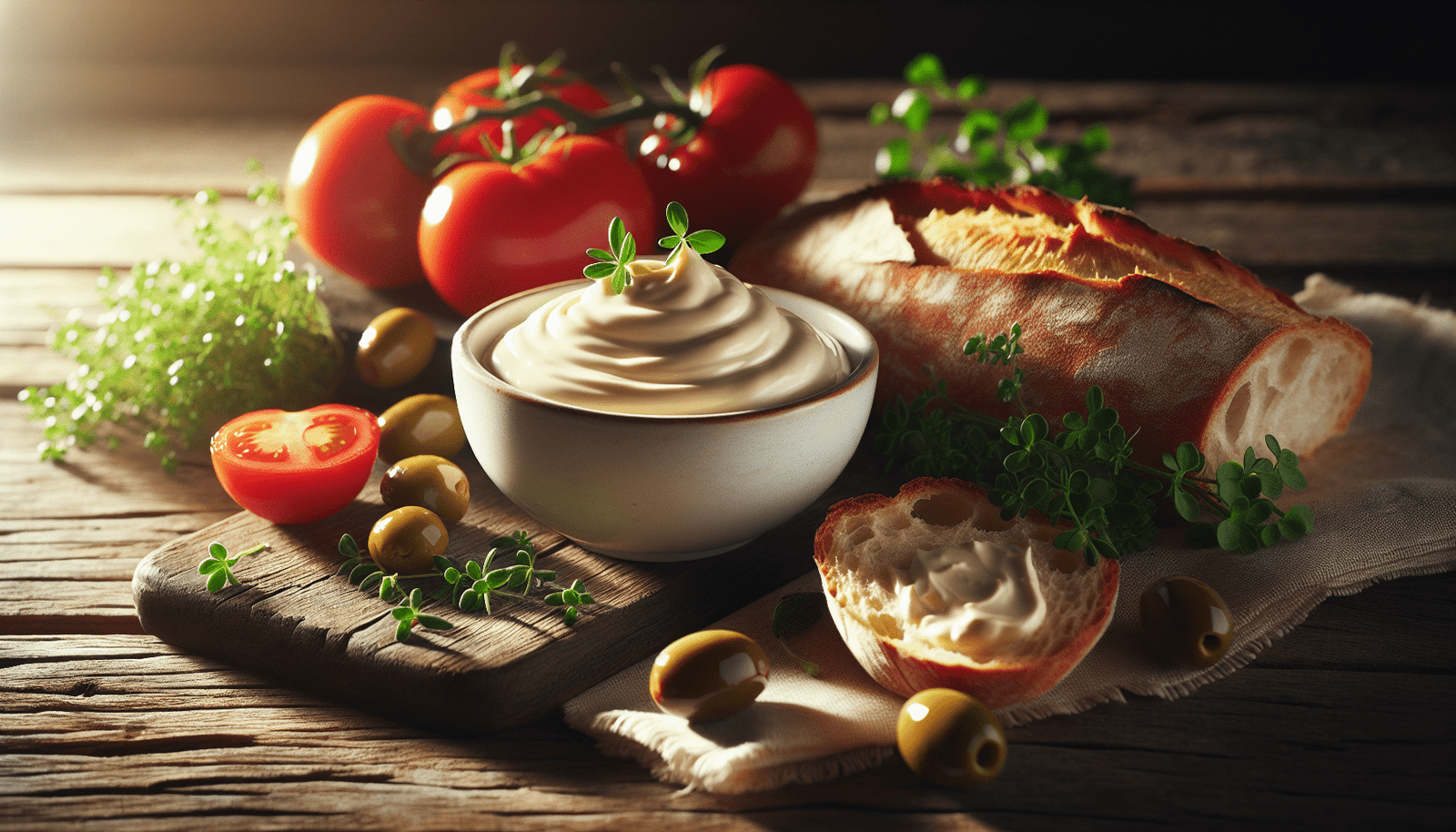Have you ever wondered about the various condiments and their place in a dietary lifestyle? With so many diets out there, it can be confusing trying to determine which foods fit and which ones don’t. One common query that often arises is, “Is mayonnaise allowed on the Mediterranean diet?”

Understanding the Mediterranean Diet
The Mediterranean diet is not just a diet; it’s a lifestyle that emphasizes fresh, wholesome foods, balanced meals, and shared culinary experiences. Rooted in the traditional eating habits of countries bordering the Mediterranean Sea, this diet encourages rich flavors, colorful ingredients, and a variety of food groups.
Core Components of the Mediterranean Diet
When considering the Mediterranean diet, it’s essential to know its core components. Here’s a quick rundown:
- Fruits and Vegetables: A wide variety of seasonal and local produce is advocated. These are rich in nutrients and antioxidants.
- Whole Grains: Foods like whole grain bread, pasta, and brown rice are staples, providing essential carbohydrates and fiber.
- Healthy Fats: Olive oil is the primary fat used, known for its heart-healthy properties. Nuts and seeds also play a vital role in providing healthy fats.
- Lean Proteins: Fish, poultry, beans, and legumes are preferred, with red meat consumed in moderation.
- Dairy: Low-fat or fat-free dairy is included, particularly yogurt and cheese.
- Herbs and Spices: Flavor is enhanced through the use of fresh herbs and spices, reducing the need for salt.
Understanding these components can help determine where various foods, including mayonnaise, fit into this dietary framework.
What is Mayonnaise?
Mayonnaise is a thick, creamy sauce often made from egg yolks, oil, and vinegar or lemon juice. It’s a common condiment in many kitchens and is used in salads, sandwiches, and sauces.
Nutritional Breakdown of Mayonnaise
To better understand mayonnaise’s place in the Mediterranean diet, let’s look at its nutritional profile. Mayonnaise is primarily made up of fats, but knowing what types of fats it contains is crucial.
| Nutritional Component | Per 1 tablespoon (14g) |
|---|---|
| Calories | 94 |
| Total Fat | 10g |
| Saturated Fat | 1.5g |
| Monounsaturated Fat | 7g |
| Polyunsaturated Fat | 1g |
| Carbohydrates | 0g |
| Protein | 0g |
This breakdown reveals that mayonnaise is predominantly fat. The type of fat is also worth considering: most commercially available mayonnaise is high in unsaturated fats, particularly if made with healthier oils such as canola or olive oil.

Is Mayonnaise Aligned with the Mediterranean Diet?
Now, the burning question: does mayonnaise fit into the Mediterranean diet? The answer is nuanced.
The Role of Fats in the Mediterranean Diet
Fats are an essential component of the Mediterranean diet, but not all fats are created equal. Here, healthy fats such as olive oil, nuts, and certain fish are prioritized. These fats offer numerous health benefits, including improved heart health and reduced inflammation.
In contrast, traditional mayonnaise may not align perfectly due to its potential for high saturated fat content and the use of processed oils, which are less favorable in this diet.
Healthier Alternatives to Traditional Mayonnaise
If you’re keen on including mayonnaise in your Mediterranean-inspired meals, consider these alternatives that are more in line with the essence of the diet:
- Olive Oil Mayonnaise: This healthier version replaces standard vegetable oils with olive oil, significantly improving its nutritional profile.
- Avocado-Based Spreads: Creamy and nutritious, avocado spreads can serve as a fantastic substitute for mayonnaise in many dishes.
- Greek Yogurt: A lower-fat option rich in protein, Greek yogurt can be mixed with herbs and spices to create a delicious alternative to mayonnaise.
These alternatives not only bring you closer to the Mediterranean diet principles but also add new flavors to your meals.

Enjoying Mayonnaise Mindfully
While traditional mayonnaise might not resonate with the Mediterranean philosophy of food, that doesn’t mean you must completely eliminate it. Moderation plays a vital role.
Portion Control
When incorporating mayonnaise into your meals, it’s essential to be mindful of portion sizes. Instead of slathering your sandwiches or salads with it, try using a thin layer or just a small dollop. This allows you to enjoy the flavor without overindulging in unhealthy fats.
Pairing with Mediterranean Ingredients
Think about ways to enhance flavor without relying solely on mayonnaise. You might consider pairing mayonnaise with Mediterranean staples, making it feel more in sync with the diet:
- Mayonnaise with Greek Yogurt: Mixing a little mayonnaise with Greek yogurt provides creaminess while increasing the protein content.
- Herb-Infused Mayonnaise: Adding fresh herbs like basil or dill can also elevate the flavor and give a nod to Mediterranean cooking.

Cooking with Mayonnaise
If you’re still intrigued by the idea of using mayonnaise within the Mediterranean diet, consider some healthy and light recipes where it fits well.
Mediterranean Chicken Salad with Mayonnaise
This dish is packed with lean protein and features a variety of vegetables typical of Mediterranean diets.
-
Ingredients:
- 2 cups cooked, shredded chicken breast
- 1/2 cup Greek yogurt
- 2 tablespoons mayonnaise
- 1/4 cup chopped red onion
- 1/2 cup diced cucumber
- 1/4 cup chopped parsley
- Salt and pepper to taste
- Juice of 1 lemon
-
Instructions:
- In a mixing bowl, combine Greek yogurt and mayonnaise.
- Add in shredded chicken, red onion, cucumber, and parsley.
- Squeeze fresh lemon juice over the mixture, then season with salt and pepper.
- Serve chilled over a bed of fresh greens.
This recipe offers a balance of healthy ingredients while allowing you to enjoy the flavor of mayonnaise.
Shrimp and Mayonnaise Pasta
Another delightful option that marries mayonnaise with Mediterranean flavors is a shrimp salad pasta dish.
-
Ingredients:
- 8 oz whole grain pasta
- 1 lb shrimp, peeled and deveined
- 1/2 cup mayonnaise
- 1/4 cup olive oil
- 1/4 cup lemon juice
- 1/2 cup cherry tomatoes, halved
- 1/4 cup fresh basil, chopped
- Salt and pepper to taste
-
Instructions:
- Cook the pasta according to package instructions and set aside.
- In a skillet, heat olive oil and sauté shrimp until cooked through.
- In a large bowl, mix mayonnaise, lemon juice, and seasonings.
- Combine cooked pasta, shrimp, tomatoes, and basil with the mayonnaise mix.
- Toss gently and serve warm or chilled.
This dish offers a modern and fun take on traditional Mediterranean food, incorporating mayonnaise thoughtfully.

The Bottom Line
So, is mayonnaise allowed on the Mediterranean diet? The answer largely depends on the type of mayonnaise and how it fits into your overall dietary pattern. While traditional mayonnaise may not perfectly align with the principles of this diet, with mindful choices and moderation, you can incorporate it or healthier alternatives into your meals.
Understanding the Mediterranean diet is about celebrating food and health without strict prohibitions. You have the flexibility to enjoy various flavors and ingredients while prioritizing wholesome, nutrient-dense foods.
The Mediterranean way is all about balance, enjoyment, and sustainability. By choosing healthier alternatives and being mindful of your portions, you can savor the flavors you love, including mayonnaise, while maintaining the dietary principles that promote longevity and wellness.
Now that you have a clearer picture, you can navigate your culinary journey with confidence, ensuring every dish is a step towards a healthier lifestyle. Enjoy your cooking adventures!


